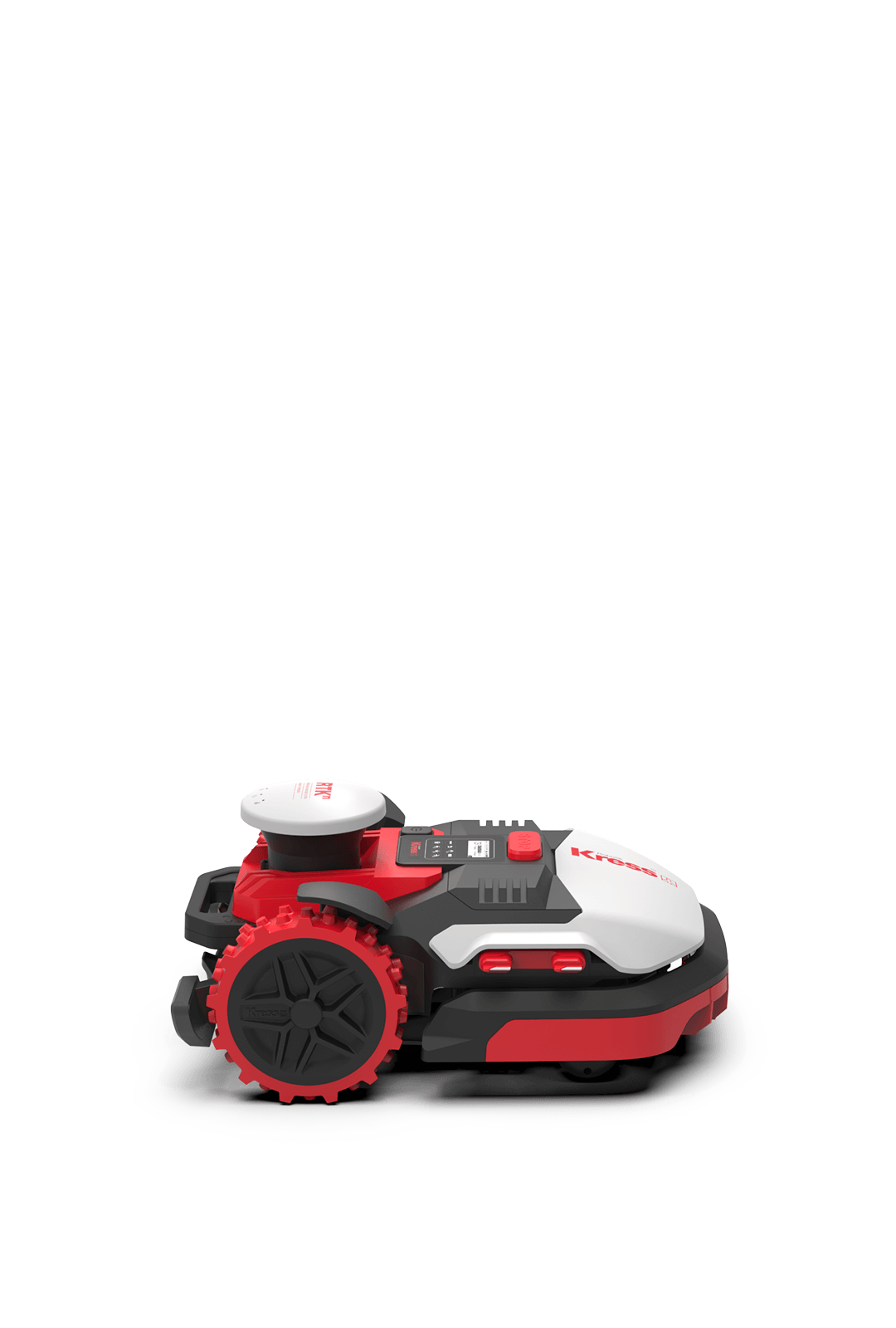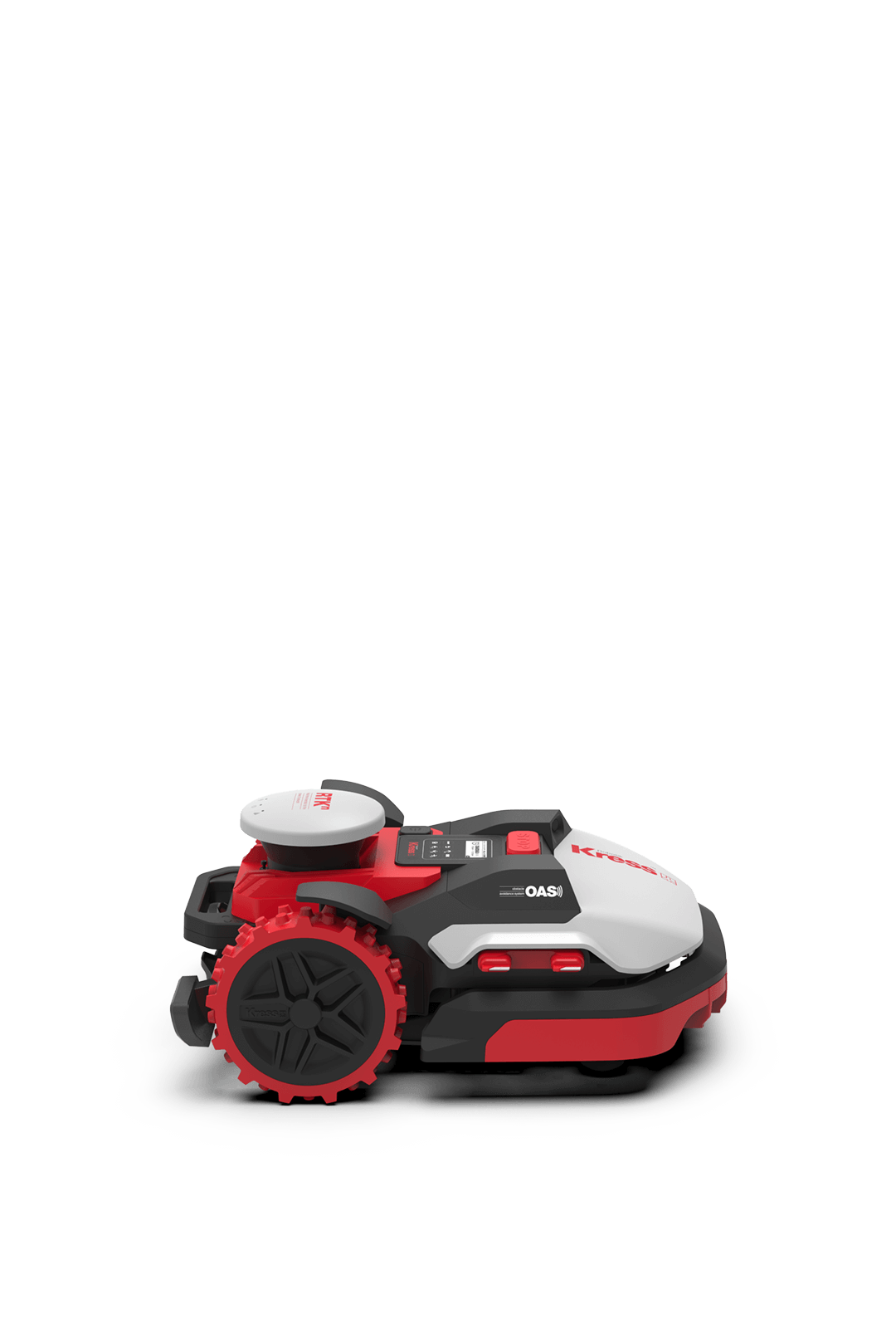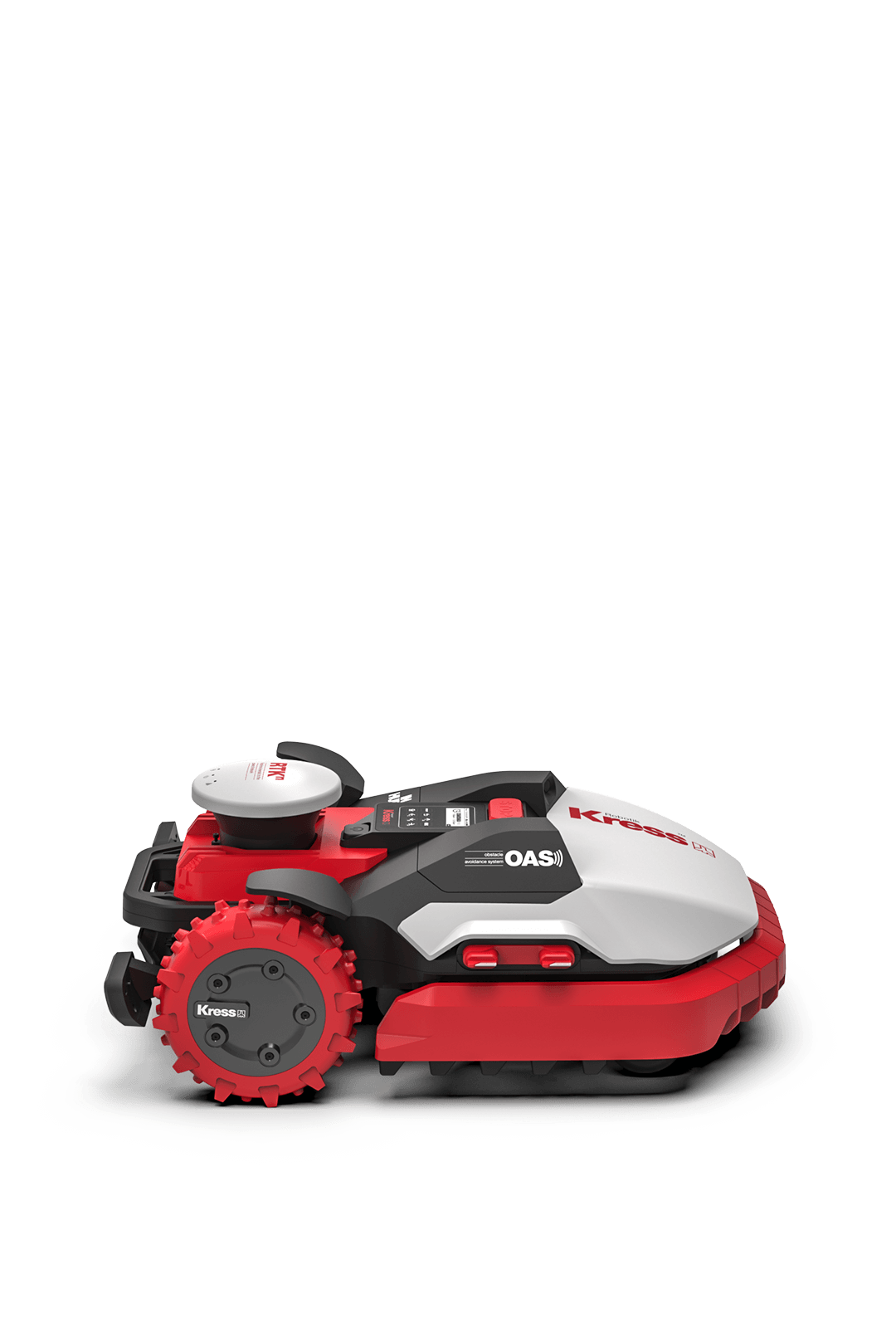If there’s turf, here’s how Kress can help you
Whether your business is managing a resort, a golf course or any other commercial facility, switching from contracted lawn mowing to a Kress robotic mower will make a positive change.
Discover the future of golf course groundskeeping
Kress robotic mowers are transforming golf course maintenance - cutting costs, noise, and environmental impact. See the advantages of unmanned mowing
Landscapers and municipalities worldwide are leading the charge toward sustainability by switching from gas to Kress Commercial. Discover their inspiring journeys here. Read the full stories
Silent mowing, serene staying
Kress mowers keep your resort’s lawns pristine and peace undisturbed
Ask the expert
Your Kress dealer will explain you how robotic turf care will benefit your business.
Find a dealer near youBetter for the planet, better for your business
Kress robotic mowers reduce the carbon footprint of your facility, making it a more pleasant place to work, live and play.

Re-shape your facility’s soundscape
Kress robotic mowers are so quiet that none will even notice they’re working.
Get to know decibels
Your best turf ever
Frequent mowing is the key factor for a healthier, denser and more attractive lawn.
Trust the experts
Mow down pollution
Petrol-powered lawn mowers are big polluters. Robotic lawn mowers eliminate emissions.
Check the emissions
Trim your grass, snip your costs
Switching to robotic mowing will greatly reduce labor and other costs associated with turf care.
Inspire othersThe sound of silence
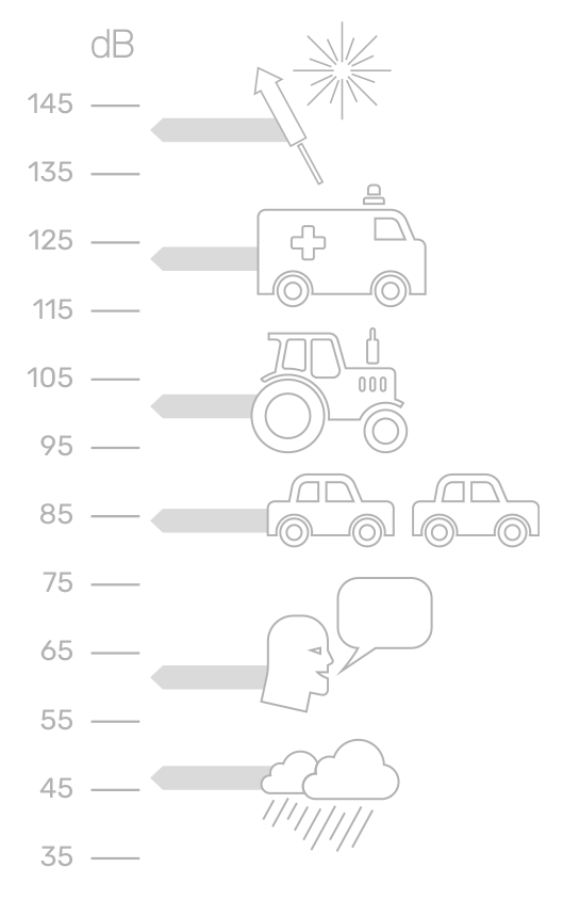
Petrol-powered mowers are typically as loud as 90-100 dB, disrupting the tranquillity of your surroundings. In contrast, Kress robotic mowers are around 60 dB loud. But don’t jump to rush conclusions: this doesn’t mean they are 40% quieter. One dB (decibel) is one-tenth of a bel, a logarithmic unit of measurement for sound intensity named in honour of the scientist Alexander Graham Bell. Logarithmic scales are used in mathematics to represent values that vary over a broad range, such as the difference between the least audible and the loudest sound. So what’s the sound pressure difference between a 60 dB Kress robot mower and a 100 dB petrol-powered mower? The noise of the last is one hundred times greater.
Frequent mowing is the holy grail of perfect turf
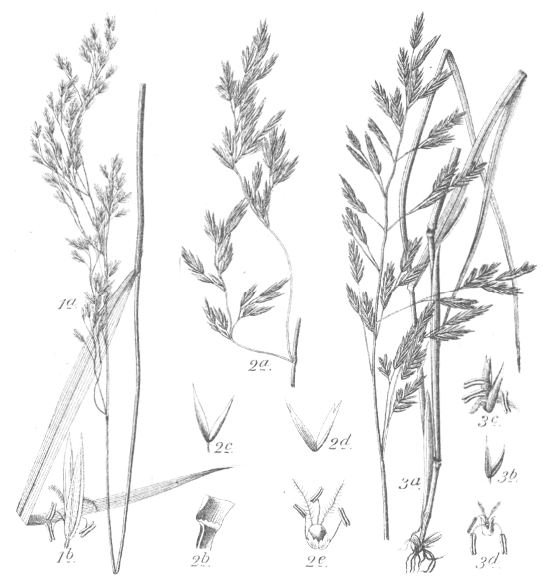
Turf specialists advocate for frequent mowing, and with good reason. This practice encourages a robust lawn by promoting the growth of new grass shoots and blades. It also curtails the accumulation of thatch, a layer of dead grass that, if left unchecked, hampers water and nutrient absorption, weakening the turf. Frequent mowing is key to weed management as well; it halts their lifecycle before seeds can spread. Conversely, mowing too infrequently can stress the grass by removing too much leaf surface at once, which redirects the plant’s energy away from root development to leaf regeneration. The practice of daily mowing has an added bonus: the clipped grass tips, rich in nutrients like nitrogen, phosphorus, and potassium, are returned to the soil. This natural recycling process, known as “grasscycling,” not only feeds the lawn but also improves the soil’s structure and moisture retention. Plus, it fosters microbial activity in the soil, promoting a self-sustaining ecosystem that nourishes your turf from the ground up.
Small engines are big polluters
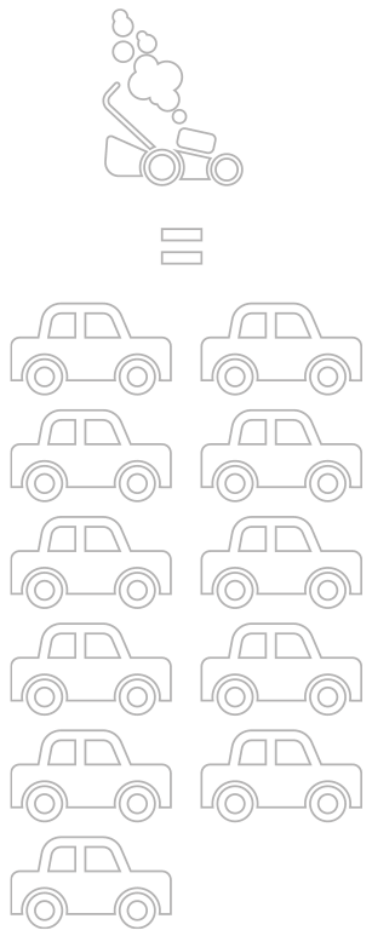
Fossil fuel mower emissions pose a significant risk to environmental and public health. Carbon monoxide (CO) can cause symptoms ranging from headaches to life-threatening poisoning. Nitrogen oxides (NOx) exacerbate respiratory conditions, while volatile organic compounds (VOCs) and particulate matter (PM) contribute to chronic respiratory and cardiovascular diseases, including cancer and premature mortality. Moreover, these emissions from internal combustion engines intensify the greenhouse effect. Carbon dioxide (CO2) and NOx, reacting with other atmospheric compounds, form potent greenhouse gases like ozone and methane, furthering global warming. By switching to Kress autonomous turf care, you’re not just choosing a zero-emission solution; you’re investing in a healthier future for our planet and its inhabitants.
Light touch, lush turf
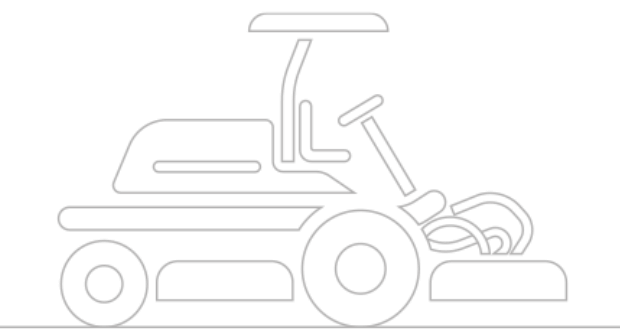
Traditional heavy mowing machinery can lead to soil compaction, which has several detrimental effects on turf health:
- Root restriction: compaction impedes root expansion, crucial for nutrient uptake and growth.
- Disease prone: stressed turf becomes more susceptible to diseases and pests.
- Waterlogging: compacted soil hampers water infiltration, leading to excess surface runoff and pooling.
- Density loss: less air and water in the soil means thinner, weaker grass coverage.
- Maintenance surge: addressing compacted soil requires additional effort and resources.
Weighting a small fraction of any tractor, a Kress robotic lawn mower will provide healthier turf, better water management, and reduced need for costly turf renovations.

Calculate your savings
Use our tool to calculate how much Kress lawn care will benefit your business.
Coming soonDaily turf care
Transitioning from manned to autonomous mowing keeps sports fields healthier and the environment unharmed.
Beware of heavy machineryBeyond the towel reuse programme
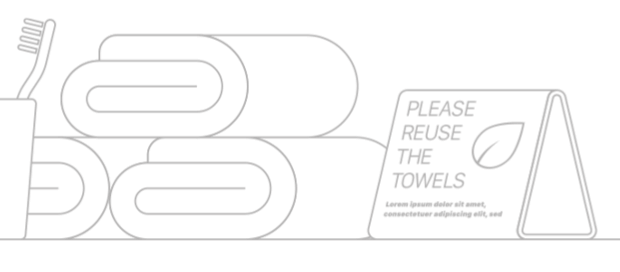
Since the early ‘90s, towel reuse programmes in hotels have played a pivotal role in conserving water and energy, while educating guests about environmental stewardship. Now, resort facility managers can take sustainability even further with Kress zero-emission lawn mowers for grounds maintenance.
Don’t take our word for it
See for yourself how a Kress RTKn robot mower will elevate your turf and your business. Reach out to a Kress dealer near you for a demo.
Find a dealer near youWe’re growing our dealer network.
Leave your email, and we’ll let you know when a Kress dealer opens near you.

